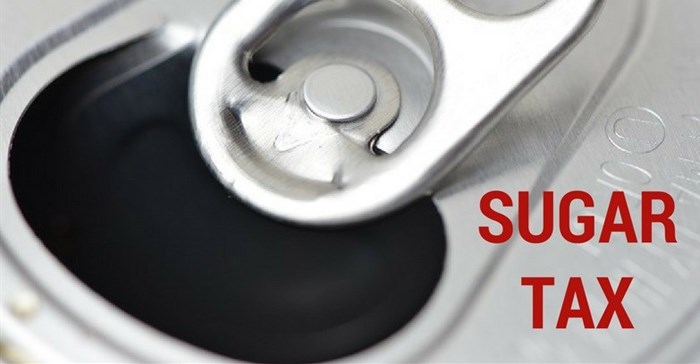The South African soft drinks industry is asking for more time for a total dietary study to be done on obesity in the country before the new tax on sugar-sweetened beverages (SSBs) is introduced.
The Beverage Association of South Africa (BevSA) didn’t specify how long this process would take or who should be responsible conducting the research in its statement.
The draft Rates and Monetary Amounts and Amendment Bill tabled in Parliament by the former minister of finance Pravin Gordhan in February incorporates a tax on sugary beverages and represents the first indication of how National Treasury’s proposed health promotion levy may manifest in law.
BevSA believe this law will have a negative economic impact and limited health gains. It also said there were baseline studies in a submission to National Treasury on the matter.
While acknowledging and agreeing with World Health Organisation targets on sugar consumption, and supporting initiatives to reduce total sugar intake in a sustainable way, BevSA said it remained concerned that there had been disproportionate focus specifically on sugar in beverages as a source of calories.
The levy targets just 3% of the average South African’s daily caloric intake, and as proposed will have no discernible impact on obesity – reducing the average daily intake of South Africans by just three to four calories/day.
BevSA executive director, Mapule Ncanywa, said the Nedlac and parliamentary processes now in motion offered an opportunity for all interested parties to engage, and together develop an effective anti-obesity solution that will not lead to job losses while still meeting health objectives.
Total dietary study
“We urge the government to pause legislative action until such research is available and such engagement and consultation processes have run their course. We maintain that a total dietary study is absolutely necessary to clarify the key causes of obesity in South Africa and to establish a benchmark against which future improvements can be ascertained. To be clear, obesity is a problem and we can be part of the measures toward addressing this problem, but singling out one beverage category and taxing it punitively does not make sense, especially as we are offering up an alternative solution that unions and civil society are discussing with us.
Industry reducing sugar content
“While BevSA members committed to reducing the sugar content of their products, they requested that they be given a reasonable amount of time to do so prior to introduction of the tax. The organisation said the timeframes for implementation were especially challenging for smaller, local brands, where reformulation was more difficult,” the statement said.
In its submission, the association also asked for clarity on the rationale for selecting 4g/100ml as the threshold for the tax as a starting point.
“While Treasury indicated that the 4g threshold was arrived as a result of stakeholder engagement, it presents an impossible target for many industry players to attain in a short space of time, and was certainly not consulted on with the industry most immediately impacted” added Ncanywa.
BevSA said it believed the current proposal to include the health promotion levy within the Rates and Monetary Amounts and Amendment of Revenue Laws Bill was flawed, and instead proposed that the fiscal element of an obesity strategy be included in the Taxation Laws Amendment Bill. Owing to its technical complexity, the Taxation Laws Amendment Bill would be more appropriate for the introduction of new tax administrative procedures and other technical and procedural changes to tax laws.















































